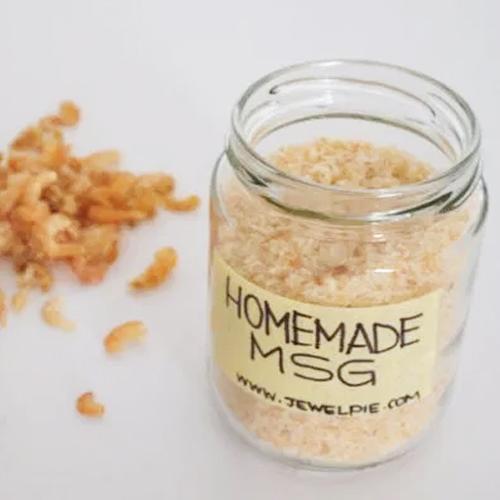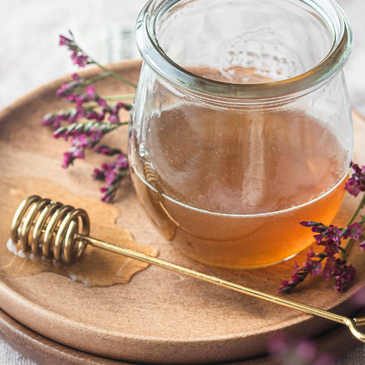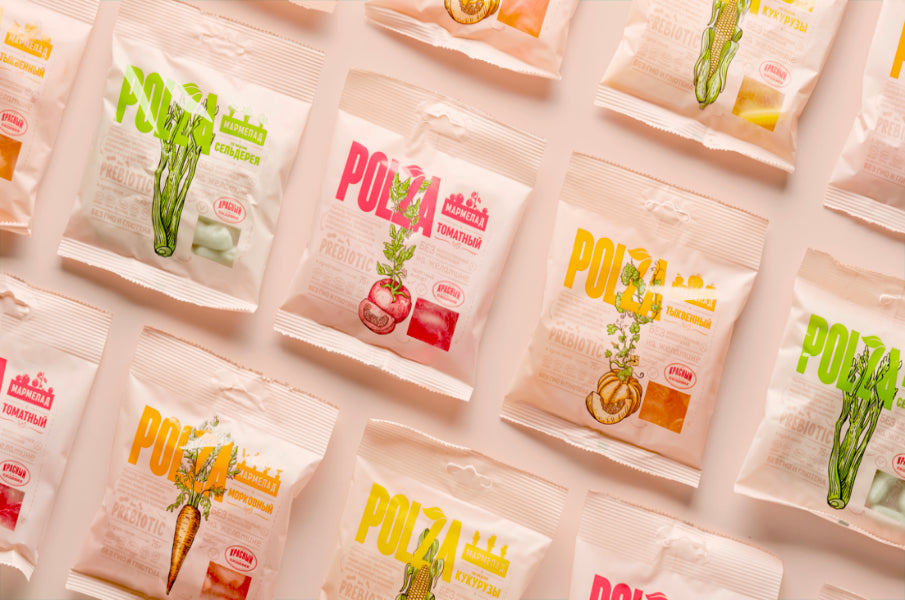

When something tastes too good to be true, we assume there's MSG added, and we also think that it must be pretty bad for health. There's no question that restaurants are commonly flamed for using MSG to make food taste better. But why are we giving MSG the bad rep and classifying it as 'unhealthy', but we tend to always overlook natural taste enhancers, such as salt?
Is MSG really worse than salt?
MSG seem scary because we don't understand them
We are likely to fear things that we don't completely know, especially things that sound too artificial. Unlike salt, which is very familiar to us. While we may think that artificial stuff is bad because it's believed to increase risk for cancer, the truth is that too much of salt or sugar could also potentially lead to diabetes, hypertension, and heart disease.

What is MSG?
MSG is short for monosodium glutamate, containing sodium and a compound known as glutamate. Here's the interesting thing: MSG occurs naturally in some foods, such as tomato, cheese, meat, milk, and so on. This 'extra' compound, glutamate, also makes food taste better as it triggers our umami taste buds.
So in simpler and human terms, MSG can be understood as salt with glutamate.

What happens when you consume MSG?
If I feel thirsty after eating, then it must be the MSG.... right? Well, not really.
A very common misconception of MSG is that they can cause thirst and body discomfort. In reality, researchers have not found definite evidence between MSG and symptoms associated, such as headache, nausea and thirst.
In fact, low levels of MSG intake has hardly any effect on our body, and is generally safe for consumption.

What about salt?
In chemical terms, table salt is sodium chloride. But of course, everyone knows salt.
Sodium is essential for our body to function, and usually your kidneys help to excrete any excess in urine. However, when the salt quantity is too much, sodium builds up in your blood. This could increase blood pressure and cause a strain to the heart, potentially leading to higher risk for stroke, heart failure, osteoporosis, stomach cancer and kidney disease. :(
It is recommended for an individual to consume no more than 2,300 milligrams of sodium daily, which is equivalent to 1 teaspoon of table salt. If you are 51 years of age or older, you should only be consuming half of that amount (about 1,500 milligrams)!
So, which is worse?
Surprise, surprise, seems like salt is actually worse!
If we are only comparing the taste, then salt is just salty. MSG, on the other hand, is not only salty but it also gives an “umami taste” (a more complete, savoury taste). So MSG - 1, Salt - 0.
In addition, MSG contains about one-third of the sodium found in table salt. It is also usually added to food in smaller amounts as compared to salt. According to the European Food Information Council, combining MSG and salt during cooking could enhance flavour and even lessen the amount of salt needed, reducing sodium levels by 20-40%! Msg - 2, salt - 0.

Moral of the story:
- Salt is sodium chloride while MSG is sodium + glutamic acid.
- Salt is salty while MSG has an “umami taste.”
- Salt could be bad for us while MSG is generally safe to use.
So stop putting the blame on MSG! It's not the MSG that's bad about maggie mee, but a preservative known as TBHQ and the excessive amount of sodium, calories, and fat. :)






